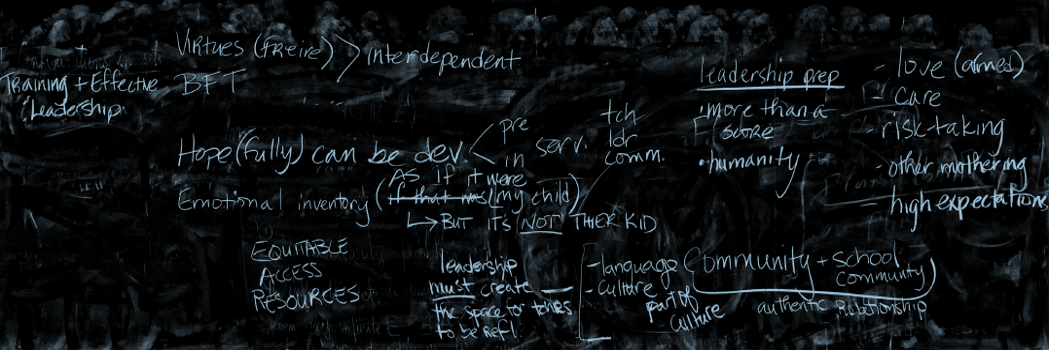One particular section from the Yasso piece that caught my attention was when they were discussing how epistemic oppression along with white and upper/middle class-centered notions of capital value shaped policy and practice in the education of non-white children. The write:
” The assumption follows that People of Color ‘lack’ the social and cultural capital required for social mobility. As a result, schools most often work from this assumption in structuring ways to help ‘disadvantaged’ students whose race and class background has left them lacking necessary knowledge, social skills, abilities and cultural capital (see Valenzuela, 1999).
These ideas have been embedded in the mission and vision statements of almost every non-profit that I have worked for over the past 10 years. They have served as the basis for theories of change, program models and evaluation tools. They have been reinforced in the messages passed on to board members, funders, staff members, community partners and the communities themselves. I’ve sat in meetings with development teams that couldn’t even imagine ways to attract financial supports for programming without a deficit-based or savior narrative. Even when presenting with counternarratives or viable alternative, they insisted that it wouldn’t be “compelling” enough. It’s like our children are not deserving of meaningful, enriching programming unless it is there to “fix” them in some way. I’ve watched board members talk about how “lucky” our “needy” kids were because of the support of wealthy donors that allows them opportunities “they wouldn’t have otherwise”. It’s pervasive, infuriating and exhausting to fight every day.




Hi Tarilyn: Your post really resonated for me, especially the role of funders (public and private) in perpetuating the deficit narrative/logic, often requiring potential grantees who trying to advance positive youth development to cast their work in pernicious notions of “fixing kids” and helping them overcome their perceived shortcomings. It’s very troubling and it doesn’t seem that the end is in sight. Thanks for sharing your experience with us. Fondly, Jane